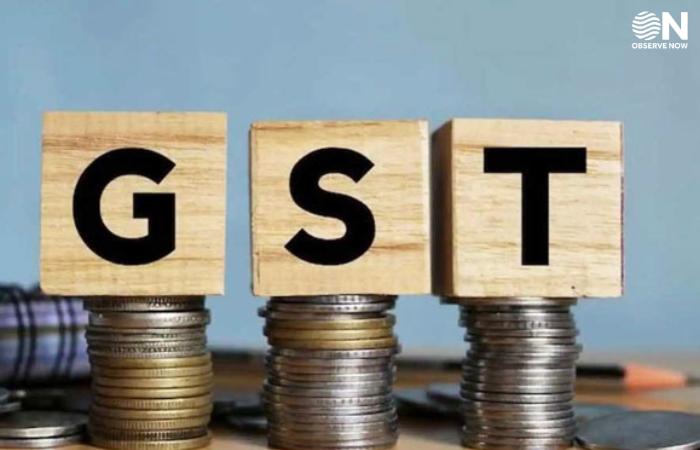Ministry of Cooperation: GST Overhaul Brings Major Relief to Rural India

The Ministry of Cooperation has announced significant reforms under the #NextGenGST initiative, aimed at providing major relief to farmers, cooperatives, and rural households across India. Effective from September 22, 2025, the new GST structure reduces levies on essential goods and services, simplifying tax rates while lowering costs for agricultural and food products.
Under the overhaul, milk has been fully exempted from GST, while butter and ghee will now attract a reduced rate of 5 percent. Additionally, essential food staples, farm equipment, fertilisers, and logistics services will see a significant reduction in tax rates. The reforms are designed to empower rural communities, increase disposable incomes, and support cooperatives that form the backbone of India’s agricultural economy.
Officials from the Ministry highlighted that these measures are expected to enhance the competitiveness of small farmers and rural businesses. By lowering input costs and easing compliance requirements, the government aims to stimulate economic activity in rural areas, boost production efficiency, and improve affordability for consumers. The revised GST framework is also intended to encourage digital adoption among cooperatives, simplifying accounting and reporting processes for small enterprises.
Industry experts view these reforms as a key step in addressing longstanding concerns about tax burdens on agriculture and allied sectors. By providing clarity and predictability in GST rates, the government seeks to reduce administrative hurdles and promote transparency in the taxation system. Analysts also expect that the lower levies on logistics and farm inputs will improve supply chain efficiency, reduce wastage, and make agricultural markets more competitive.
The #NextGenGST reforms reflect the government’s commitment to inclusive growth, aiming to create a fairer and more equitable tax regime. By directly benefiting farmers, cooperatives, and rural households, these changes are expected to strengthen India’s rural economy and contribute to overall economic development, supporting the nation’s broader vision of sustainable and self-reliant growth.
















